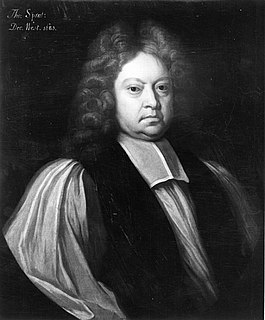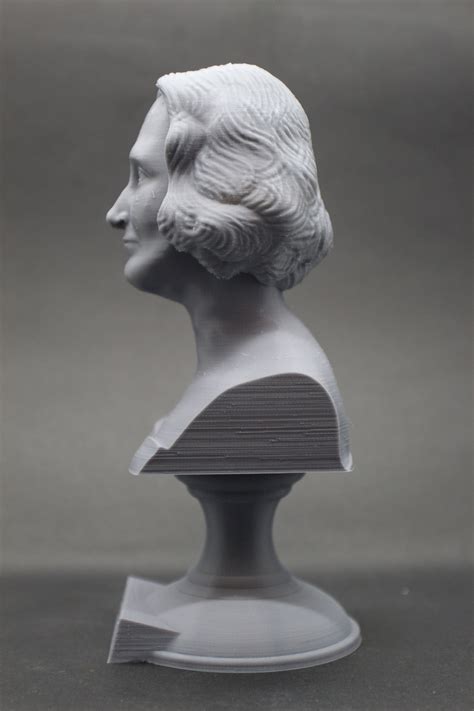A Quote by Denis Diderot
Only passions, and great passions, can raise the soul to great things. Without them there is no sublimity, either in morals or in creativity. Art returns to infancy, and virtue becomes small-minded.
Related Quotes
Why should we desire the destruction of human passions? Take passions from human beings and what is left? The great object should be not to destroy passions, but to make them obedient to the intellect. To indulge passion to the utmost is one form of intemperance - to destroy passion is another. The reasonable gratification of passion under the domination of the intellect is true wisdom and perfect virtue.
It is one thing to be delivered from bad thoughts, and another to be freed from the passions. Often people are delivered from thoughts, when they do not have before their eyes those things which produce passion. But the passions for them remain hidden in the soul, and when the things appear again the passions are revealed. Therefore it is necessary to guard the mind when these things appear, and to know toward which things you have a passion.
It is difficult to say which is the greatest evil--to have too violent passions, or to be wholly devoid of them. Controlled with firmness, guided by discretion, and hallowed by the imagination, the passions are the vivifiers and quickeners of our being. Without passion there can be no energy of character. Indeed, the passions are like fire, useful in a thousand ways, and dangerous only in one--through their excess.
The great things in life are what they seem to be. And for that reason, strange as it may sound to you, often are very difficult to interpret (understand). Great passions are for the great of souls. Great events can only be seen by people who are on a level with them. We think we can have our visions for nothing. We cannot. Even the finest and most self-sacrificing visions have to be paid for. Strangely enough, that is what makes them fine.
We must not only put bodily passions to death but also destroy the soul's impassioned thoughts. Hence the Psalmist says, 'Early in the morning I destroyed all the wicked of the earth, that I might cut off all evil-doers from the city of the Lord' (Ps. 101:8) - that is, the passions of the body and the soul's godless thoughts.































